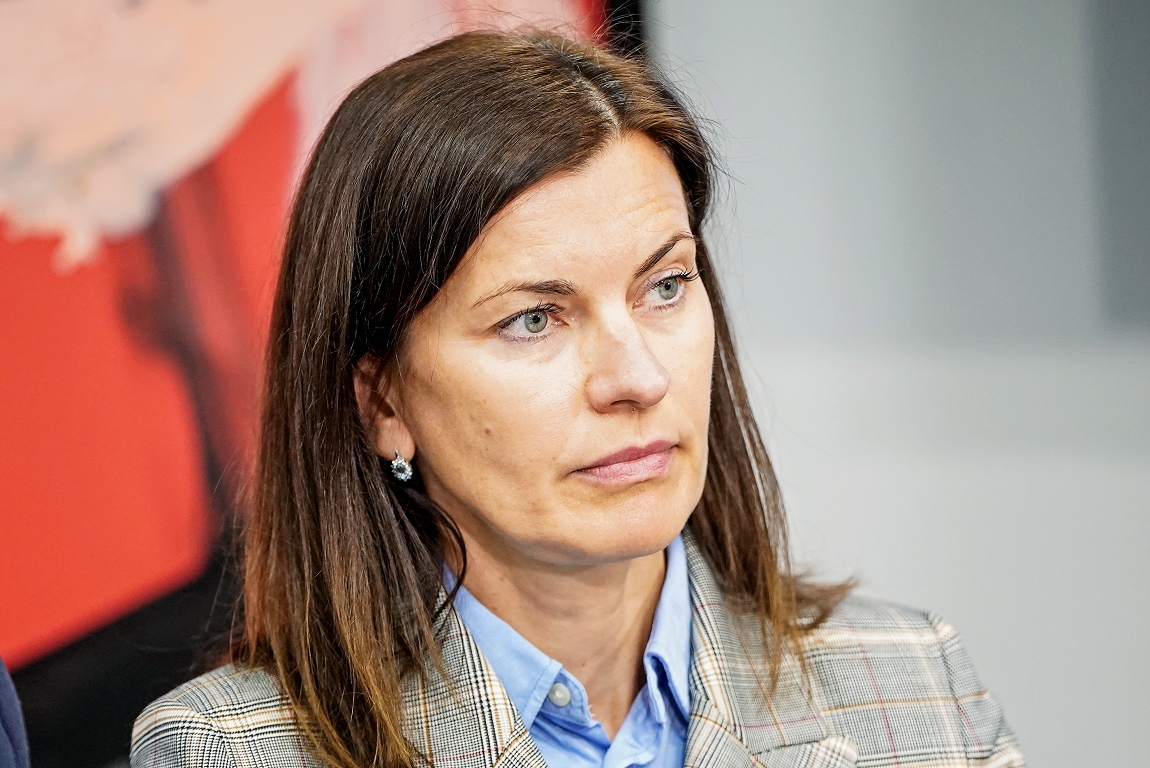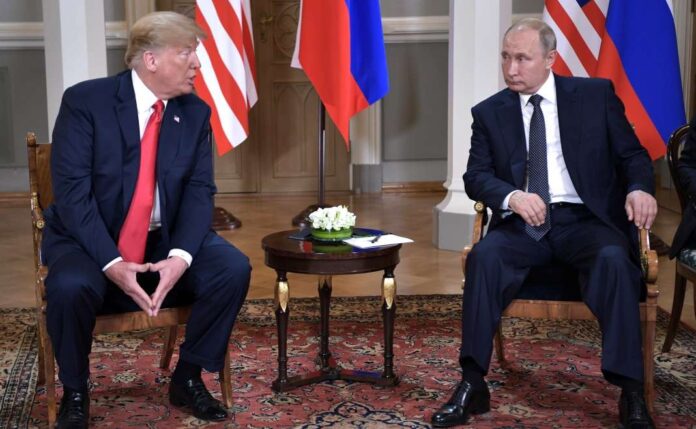The war transformed Europe’s barley shed into recipients of food assistance

When Russia began its full -scale invasion of Ukraine just over three years ago, the UN Food Program (WFP) faced a new kind of situation.
Suddenly, an industrialized country needed a strong agricultural sector food assistance.
– This is a country that can provide 400 million people with food when its agricultural economy works normally, says Richard Ragan.
Since July 2024 has Ragans Stationing location has been Kyiv where he leads WFP’s operations in Ukraine. Although he has worked with aid issues most of his career, Ragan has never experienced anything like the situation in the country.
– Ukraine contributes to the food market. This is a country that doesn’t really need humanitarian assistance at all.
Due to the ongoing war, WFP has, among other things, built bakeries to distribute bread to 300,000 Ukrainians every day.
All in all helps the food organization About 1.5 million people in the country. They live mainly along a distance of about 1,200 kilometers between Sumy and Odessa.
– Most of those we help are older, have some kind of disability or are simply too poor to escape. They do not want or cannot leave their homes and pets, says Ragan.
He describes the situation as heartbreaking. The Ukrainians, who are now the recipient of WFP’s help, are ordinary people who have had it relatively comfortable before the war broke out.
– It’s like distributing food help to my own parents.
In Ragan’s homeland, the Trump administration has almost dismantled the entire aid body USAID.
How does it feel to witness the dismantling of USAID, an organization that you have worked on yourself?
– I hate it. I have dedicated my life to this work and know how important it is, what difference you can make. But I hope the ship straightens itself when everything has settled.

He points out that aid has always been a politically tricky issue, but admits that the United States leaves behind a large void when the country decided to end various aid programs.
– Aid is not very popular, charity is. The trend is global and these decisions are not unique to the United States. Cuts are also not new in this industry, but now we have to think about the whole way we do humanitarian aid work, says Ragan.
So far, international Food assistance has been left out of the cuts in the United States, but the future is still uncertain.
– At present, food assistance is something that the US government wants to support. But it is very unclear how the situation develops, says Ragan.
He emphasizes the importance of predictability and continuity in aid work.
– The sums that different countries cut down are comparatively small in relation to the state budgets. The war is going on in Europe and you do not want anything equivalent to hit you.

While working at WFP, Richard Ragan has lived in Libya, Yemen and North Korea, among others. Life in Kyiv is very different from what he is used to.
– I have access to incredible opera, I can listen to Kiev’s symphony orchestra. Six hours later, I am in Chenler or Kramatorsk and witness an ongoing war, destruction and people suffering. It is so distorted that these two reality exists at the same time.
In the larger cities longer A reasonably normal life is going on from the front, but the shadow of the war does not disappear.
– It really characterizes every aspect of life and all conversations. Young people want to continue living their lives. They want to raise their children, live in their own country, speak Ukrainian, write poems and novels. And that’s what they fight for in the end.







